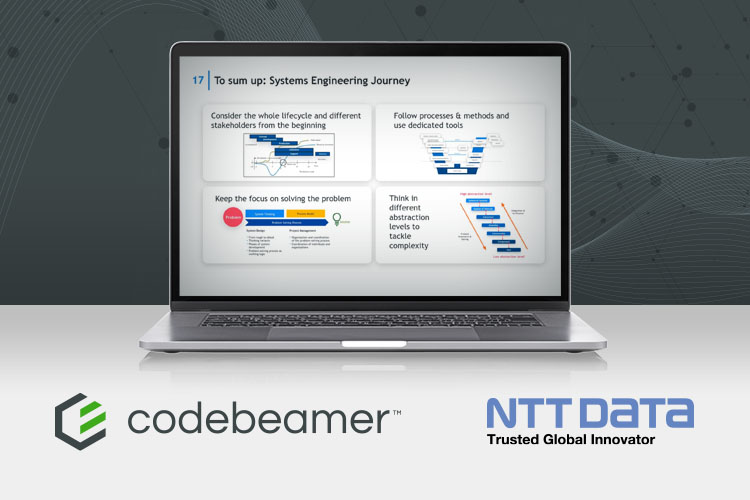Systems engineering applies systems thinking principles to help manage the complexities of modern technology product development.
Systems engineering takes a holistic view of the entire product development process. It considers not only the technical aspects but also the social, economic, and environmental factors that can impact a product's performance and success. By applying systems thinking principles, systems engineers can identify and analyze the interactions and dependencies between different elements of a system, to make informed decisions and mitigate potential risks.
An important aspect of systems engineering is the use of modeling and simulation techniques. These tools allow engineers to create virtual prototypes of the system to test various design alternatives and evaluate the system's behavior under different conditions. This helps in identifying and resolving potential issues early in the development process, saving both time and resources.
In addition to managing the complexities of product development, systems engineering also plays a vital role in ensuring the long-term success and sustainability of technology products. It considers the entire product lifecycle from conception to disposal and focuses on optimizing performance, reliability, and maintainability. With sustainability being a major concern, this approach can help to minimize the environmental impact of products.

Hello [UserName], it seems like this email address is already associated with a Creo Trial session. Please contact PTC Sales or your local Creo reseller to discuss all the Creo offerings available. Thank you for your interest in Creo!